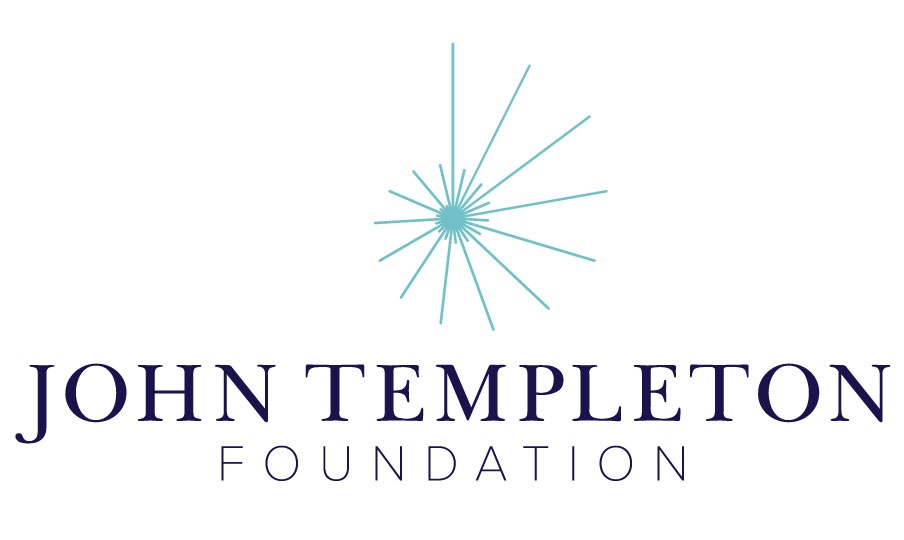Multiple, mid-C20th Nobel prizes rewarded the discovery of a seemingly universal chemical basis to life. In the 21st century we know that each component of this Central Dogma of Molecular Biology can vary: through biological evolution, human engineering (synthetic biology) or both. It is much less clear how variations at this fundamental level impact the evolutionary dynamics and potential of such systems. Close to biology-as-we-know-it, variations of interest include differences in size, structure and composition to the 20 amino acids, 4 nucleobases and their ribose phosphate backbone. Beyond lie alternative classes of chemical to those used by life: for example, alternatives to “biological” amino acids might include hydroxy acids, sulfonic acids, beta amino acids and heterogeneous mixtures of building blocks such as depsipeptides. Even further afield lie self-replicating systems that do not involve polymers.
This call welcomes researchers equipped and motivated to explore any such alternatives in theory and/or experiment, including those equipped to develop computational tools, experimental protocols and mathematical frameworks with which to facilitate exploration by others. Some examples of research challenges that could exemplify progress on this frontier are:
- Extend standard evolutionary theory, such as population genetics, to describe the evolutionary dynamics of replicating systems that relax or replace fundamental features of the central dogma of molecular biology
- Develop tools, theory and experiment to generate and analyze the behavior (structure/function) of specific alternative chemical components to those found within the central dogma of molecular biology
- Develop experimental evidence and/or theory to generalize the evolutionary dynamics of non-polymer based replicators within physically and chemically realistic settings
This call, welcomes researchers who are appropriately trained and motivated to tackle these or other bold ideas for understanding how biological chemistry can contribute new understanding to life as an outcome of the non-living universe:
Click here to apply to this to this Ideas Lab workshop
This dimension of the project has been generated through expert consultation with Klara Hlouchova (Charles University, Czech Republic)
For more information on eligibility, scoring, and other terms and conditions please contact physicstolifequestions@umbc.edu
